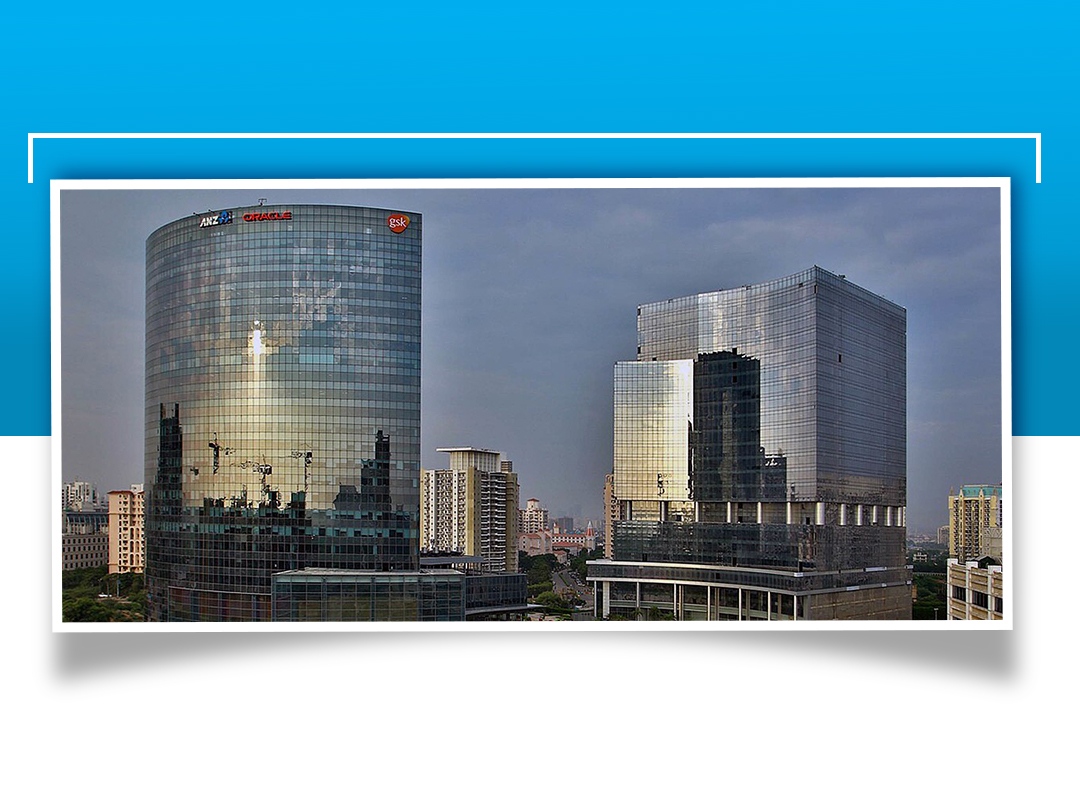Listen To The Article
Documents obtained through FloorTap.com, a marketplace for commercial properties, reveal that DLF Building and Services Private Ltd, a DLF group company, paid Rs 81 crore for about 31,254 square feet of upscale office space at Horizon Centre on Golf Course Road in Gurgaon.
The structure is Gurgaon’s most expensive office skyscraper. WeWork India is the tenant of Madhur Maini’s former location.
WeWork, a business financed by SoftBank Group, filed for bankruptcy protection in the US earlier this month; however, this has no effect on its operations in India.
The building’s original builder, DLF, sold a number of office floors to well-known families and businesses between 2014 and 2019, but it stopped selling after that.
The parent firm of the Mohan Group, Mohan Exports, had previously paid Rs 80.66 crore to Hero Cycles for the about 27,000 square feet in the same property.
Leading lease-rentals business DLF has paid Rs 780 crore in 2021 to repurchase Hines’ 51.8% share in one tower. At the moment, DLF and its kin own 60% of the whole Horizon Center.
A copy of the selling document shows that the subsidiary of DCCDL has paid stamp duty of Rs 5.67 crore.
According to rating agency CRISIL, important tenant categories are growing cautious due to global uncertainty, and net leasing of commercial office space in India is expected to plateau at 32–34 million square feet (msf) this fiscal year.
The Indian market’s natural advantages and the growing trend of people returning to the office should, nonetheless, support a recovery in demand over the medium run and maintain solid credit profiles for owners of office property.
Technology firms dominate India’s commercial office space; 42–45% of the operating stock is occupied by information technology (IT) and IT-enabled services (ITeS) enterprises.
Multinational companies’ global competence centers, or GCCs, have become a significant tenant class in recent years, accounting for around one-third of the available space.
Employers who advocate for higher office occupancy rates might be another source of support for office leasing. The majority of businesses, even those in the technology sector, which previously supported working from home, are now advocating for employees to return to the office most days of the week. After averaging 40% in the previous fiscal year, 65-70% physical occupancy is anticipated this fiscal year.
Source-ET




